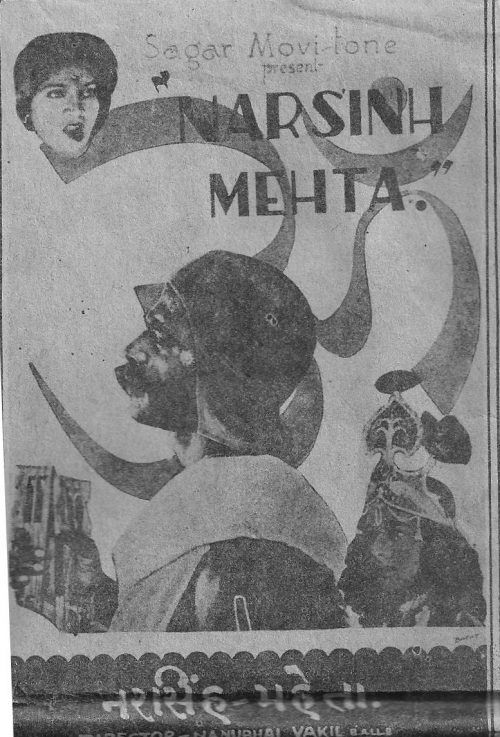Gujarati Cinema And Theatre
Apr 13, 2019 • 14 views
There is great rise in gujarati films. Riding a new wave of enthusiasm, the people of Gujarat are watching more films, have more artistes, and have increased the type of play they used to do before. The elders talk about how they miss the old movies, but many are optimistic that a new era of Gujarati films is on the way.
Theatre and cinema have always existed in Gujarat—both, mainstream, commercial theatre, and parallel, experimental productions. The first full-length sound filmNarsinh Mehtawas released in 1932. For many years after that, the gujarati films industry was limited only to rural parts and was not commonly seen by urban people. Between the 60s and 80s, producers and directors like Arun Bhatt and Ketan Mehta, among others, heralded some people call “the golden age of Gujarati cinema”.
Over the last two or three decades, there has been a visible decline in quality, even though the quantity of films being made and released has increased. The Gujarat government had ambitious and well-meaning, but misdirected, policies to promote the industry, that allowed the release of many low-quality films.
With themes that rode upon superficiality and cheap humour that was often sexist, it was hardly comparable to Marathi, Bengali, Malayalam, and other regional cinemas and theatres of the day.

Narsinh Mehta, the first full-length Gujarati film with sound.
As Gujarati Artist Aditi Doshi tells that, “Gujarat has always been known for their business mindset. We get influenced easily by market forces. Doing theatre and cinema against the market force is incredibly tough.” Work culture is about tedious, tiring work,while films make us feel relax and stress free. “After the earthquake, there is an air of trying to forget about worries and just enjoy,” Aditi remarks. “Even the [colloquial] wordjalso, which means night etertainment program, has after 2001, come to mean a state of not being tensed, of enjoyment.”Desai has performed, written, and directed numerous plays in various theatre techniques, all connected by a fierce commitment to social equality. “My father was a communist. For a long time, he used theatre as a medium to raise awareness, and translated a lot of notable works. Through that he spread ideas of equality and democracy.In that time, very few women worked in theatre. Because of that, he wished that if he had a daughter, he would train her in theatre.”
Her values have been influenced by how she was brought up. “My parents were quite an unusual couple. My mom was a successful doctor who could have earned tons of money; if she had a private clinic, and [unlike most] my father would be at home during the day. We all helped in the kitchen, cleaning the house, etc. All this was so natural that I didn’t know that there could be a different environment outside. Even with the theatre artistes who would hang out with us, there was no concept of someone excluded, someone higher and someone lower.”
